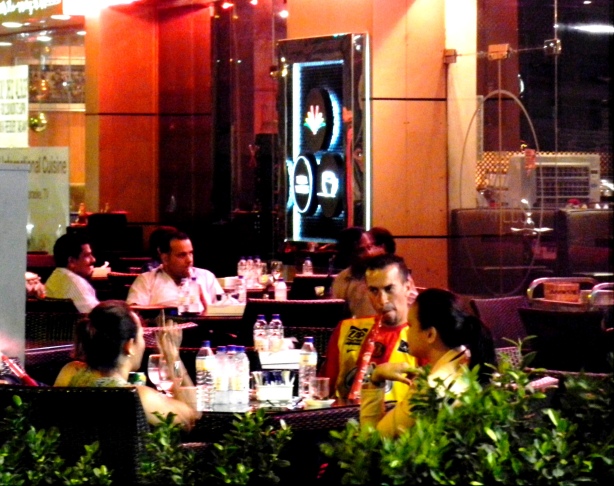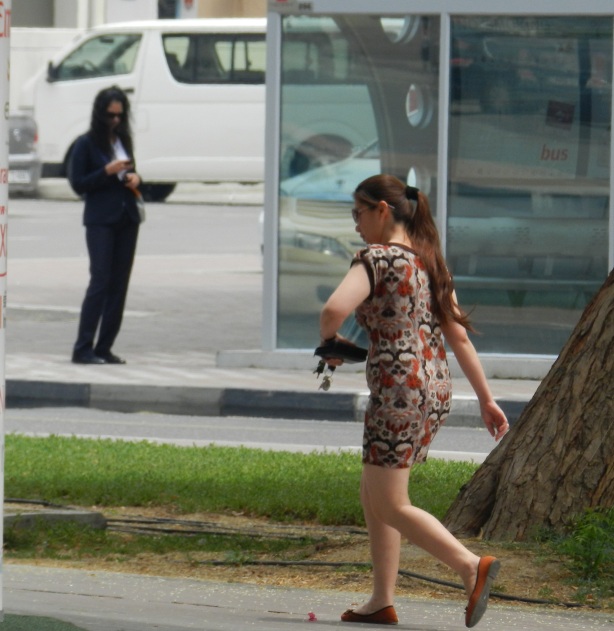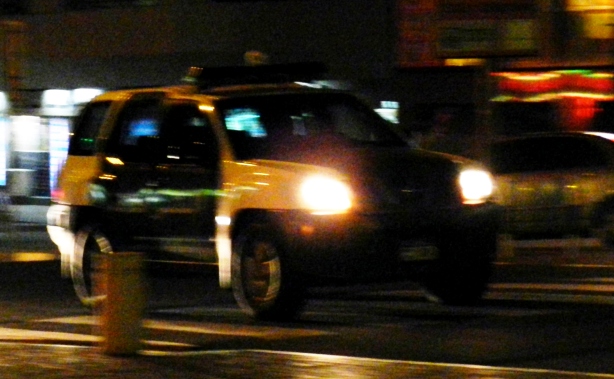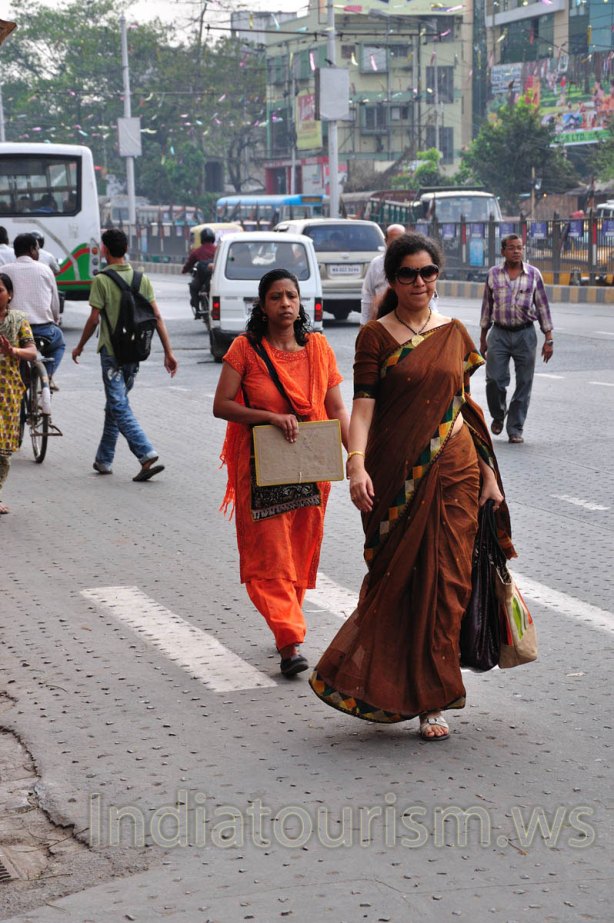Actor Bobby Chakraborty is not someone who would say anything just for effects. If he says something, he believes in it and if he believes in it he practises it. That is why his brainchild, the project titled I Am The King of My Mind, has gained so much momentum among school students in Kolkata, India. The project aims at telling young people the consequences of addiction and how one doesn’t need to drink or smoke to enjoy life.
When Bobby is not shooting at the studio chances are you will catch him at some school, somewhere in West Bengal, interacting with young people. His pet project regularly takes him to the most well-known educational institutions of Kolkata, like the Heritage School and La Martinere School, and also to the numerous schools located in the interiors of rural Bengal and the Sundarbans.
Check Bobby’s Facebbok Page:
https://www.facebook.com/groups/313095188790160/
http://www.youtube.com/watch?v=0g6QylXwSkg&sns=fb
There is one more thing that Bobby believes in too – that is equal opportunities and respect for women.
“When I interact with students I also talk to them about gender equality and respect for the fairer sex. In today’s society where there is so much violence against women this is particularly relevant,” says Bobby.
When I asked Bobby to write his views for my blog the actor took out time from him busy schedule and sent his views to my inbox within a day.
This is what he wrote:
I have always believed in peaceful co-existence of man and woman. That is how nature has made us. But some men, with their so-called physical superiority, have always been trying to foolishly prove themselves superior to women. Physical violence and rape has been the tool for such men for centuries.
Patriarchy is to blame
A woman is probably the hardest worker in the family, but her job is thankless. Most often children do not learn to value the work that women do and they are taught that men, often the bread winners, are all important. So the male child does not learn to respect the women in his family. And he carries this attitude forward to his future interactions with women – as friends, girlfriends, wives and eventually prey.
Men feel insecure around competent women
Educated and competent women are claiming the same recognition as men and more often than not giving them stiff competition at work. This is creating a sense of insecurity and the false male ego is bruised. That’s when men are resorting to violence against women to prove they are the ones in power. This trend is most dangerous.
Alcohol is often the reason for such crimes
It is said alcohol often brings out the Devil in you. And that is so true. People often end up doing things under the spell of alcohol that they would not otherwise do in a normal state. Rapists are usually dead drunk.
I hope and wish my crusade against alcohol will help in making future generations more sensible and sensitised about women.
But right now as responsible men it is within our capacity to make an immediate impact and make the environment safer for women. With the following examples I say what can be done:
1. You are not a Superman but you can call for help
If you see a woman is harassed by some men and if you feel getting into the situation might be dangerous for you, call for help.
I will give you an example of what I did once. It was around 8.30pm and I was taking a walk on Marine Drive in Mumbai and enjoying the drizzle when I saw a gang of around eight-10 guys harassing a girl. I knew if I tried to intervene they would overpower me. So I ran in the opposite direction and alerted the traffic police on duty who in turn alerted the mobile van. Within no time the van came and rescued the girl.
2. Put your foot down if you see a man trying to get fresh with a woman, be it on public transport or at a party
Women are most often strong enough to deal with these situations but it is our duty to let them know we are always there to lend them a helping hand.
I have seen drunk men often make advances at women at parties. A civilized talk with the drunkard might help but if that does not work then security should be called in. There have been instances when I have been threatened with dire consequences after they have been thrown out of the party. But men who use alcohol as a license to misbehave are usually cowards. So you can be sure that threat will always be empty.
3. Stand up for your co-workers
In the workplace too there have been situations when I found out that a co-actor was being sexually harassed by someone. The first thing I did was to draw the producer or the director’s attention. If that does not work it can always be taken up with, in my case Artists’ Forum, in other cases the supreme authority at the workplace.
4. Always remember REAL men respect women
If you are a real man then you will learn to respect every woman in your life – from your mother to the woman you are travelling with in a public bus to the maid, who is working in your house. This way you will learn to respect yourself. When you have self respect you have everything.
(Bobby has recently starred in National Award winning filmmaker Buddhadeb Dasgupta’s hindi film Station which is part of the series Thrayadashi.)














